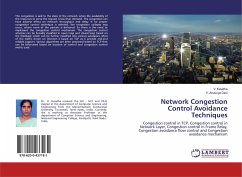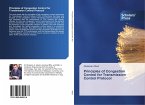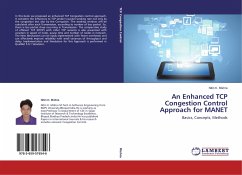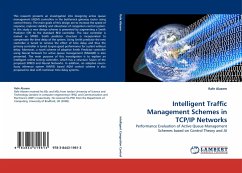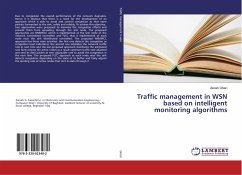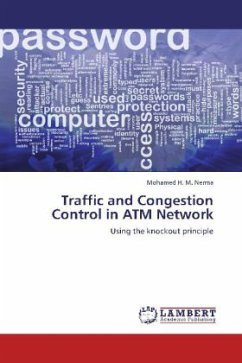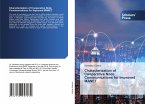This work investigates the congestion control state-of-the-art algorithms. Then, presents an Enhanced TCP-Friendly Rate Control protocol, called ETFRC, as a means of enhanced congestion control for media traffic over Internet. Three modifications to TFRC are proposed in this thesis so as to develop the ETFRC. The first modification is based on modifying the frequency of the feedback messages sent by TFRC receiver to its sender upon which the sending rate calculation is done. The second modification tackled the number of samples used by the TFRC receiver to calculate the loss event rate as part of the feedback report sent to sender. The third modification is developed by adjusting the sending rate at the sender side dynamically based on the current state of the network and the current state of the receiver. In other words, the ETFRC embodies a new algorithm to tune (increase or decrease) the sending rate at the sender side according to the difference between the calculated rate bythe sender and the reported rate from the receiver side. The performance of the proposed ETFRC protocol is evaluated using the network simulator NS-2 considering different scenarios.


